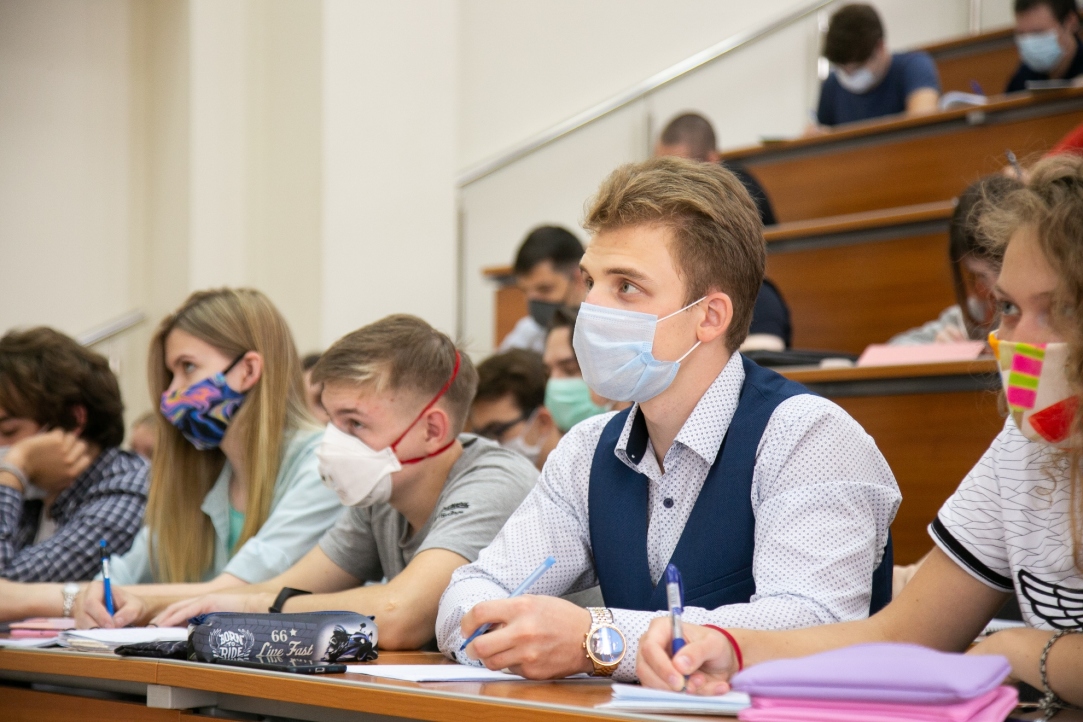
Online Courses, ESG, Digital Competencies, and More: New Opportunities at HSE University in 2022
HSE University is set to significantly update its range of bachelor’s and master’s programmes for the next academic year, with changes coming to course content and various organizational aspects of the educational process. HSE University Vice Rector Sergey Roshchin spoke about the changes that await students joining the university in the 2022/23 academic year.

Virtual Laboratory Project with Ohio University Extended
Tatyana Permyakova, Professor of the School of Foreign Languages, and Marina Sheveleva, Head of the School of Foreign Languages, together with Ohio University, won the second round of the US-Russia Virtual University Partnership competition.

Crowdsourced ratings of football players are underestimated: a study by IDLab researchers
Crowdsourced assessments of the value and ability of football players should be used with caution. As a rule, such estimates are below market value, while the difference depends on the league and the prestige of the players. Dennis Coates and Petr Parshakov, researchers at the International Laboratory for the Economics of Intangible Assets of HSE — Perm, came to such conclusions in the article "The wisdom of crowds and transfer market values", published in the European Journal of Operational Research.

The Results of the International Conference on Applied Research in Economics iCare-2021
Within the framework of the IX International Conference on Applied Research in Economics (iCare), topical issues of behavioral economics, finance, banking, labor and education economics, and environmental economics were discussed. The conference was held online and brought together researchers from Russia, India, USA, Germany and other countries. We summarize and publish the recordings of the reports.
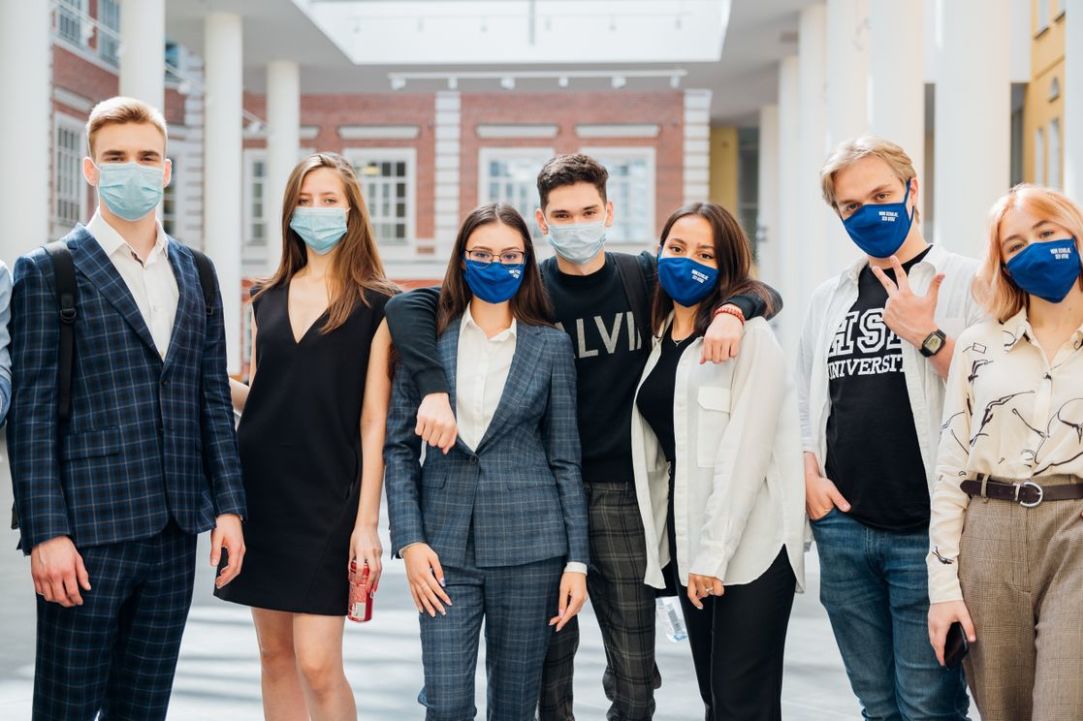
HSE University Appears in Twice as Many Top 100 Subject Rankings as Last Year
The publication of the latest Times Higher Education subject rankings in the Arts and Humanities concludes the annual cycle of the three main ranking agencies: THE, QS, and ARWU. Since last year, HSE University has managed to double the number of top 100 subject rankings it appears in, growing from 6 to 12.
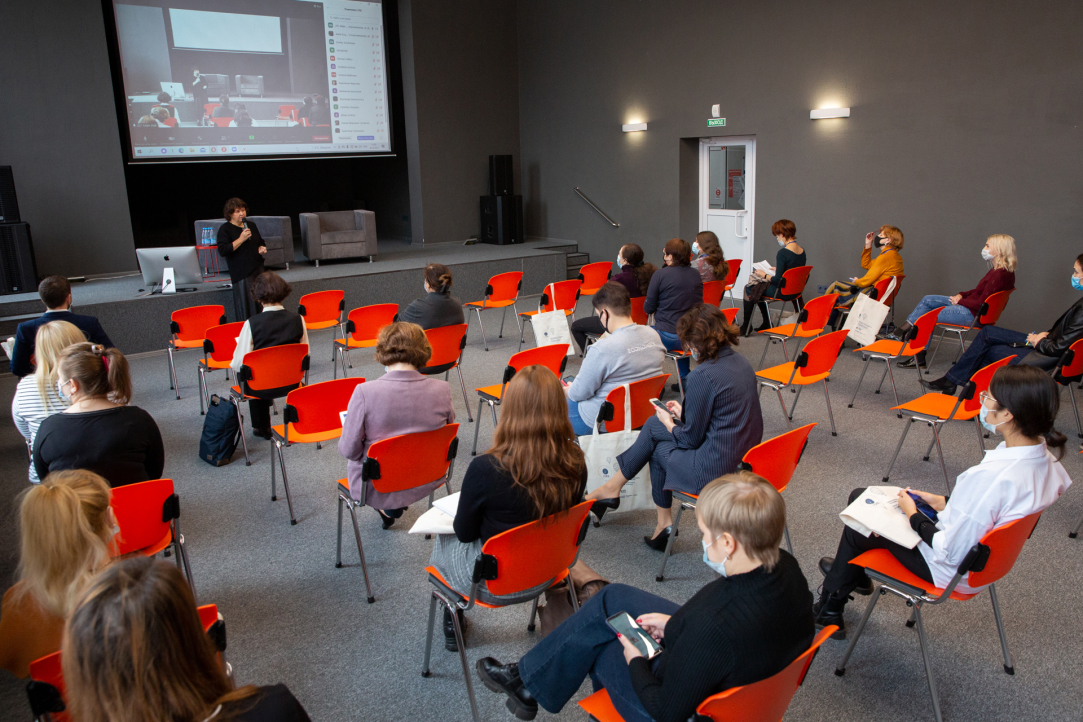
Culture, Arts, Creative Industries, and Tourism Discussed at HSE University’s Conference in Perm
On October 20–22, the second International Conference on Experience Economy: Museum, Event, and Tourism Management was held at HSE University in Perm. Key talks were delivered by Andrea Rurale, the director of the Master’s in Arts Management and Administration at the Bocconi University School of Management, and Guillaume Tiberghien, University of Glasgow.
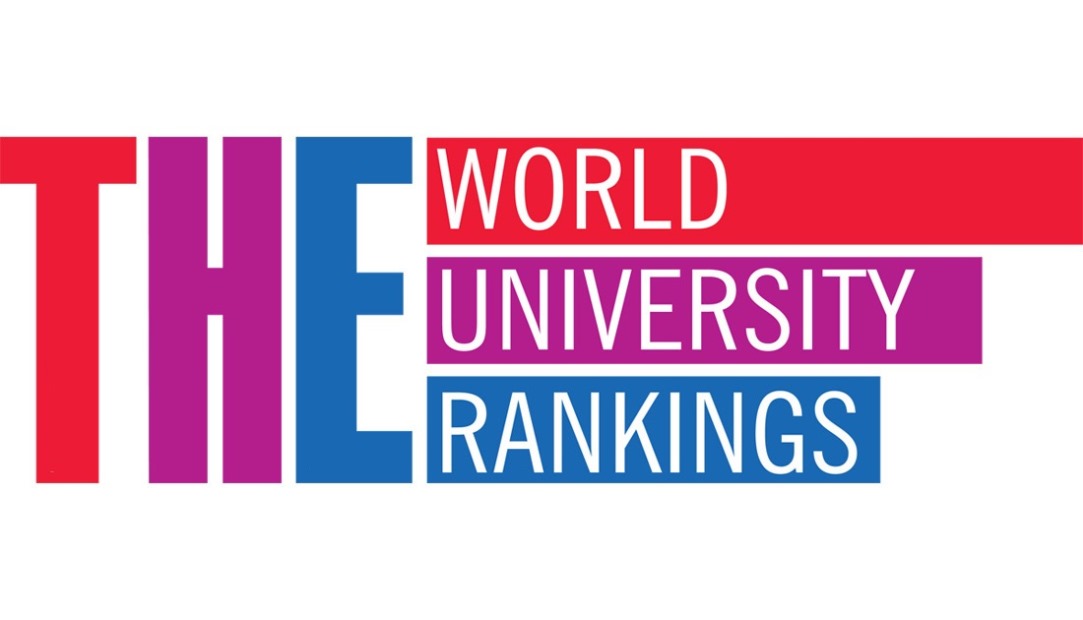
HSE University Enters Top 150 of THE Reputation Rankings
HSE University has improved on last year's result, entering the 126–150 range of the Times Higher Education World Reputation Rankings. Among Russian universities, HSE University shares 2–4th place with the Moscow Institute of Physics and Technology and St. Petersburg State University.
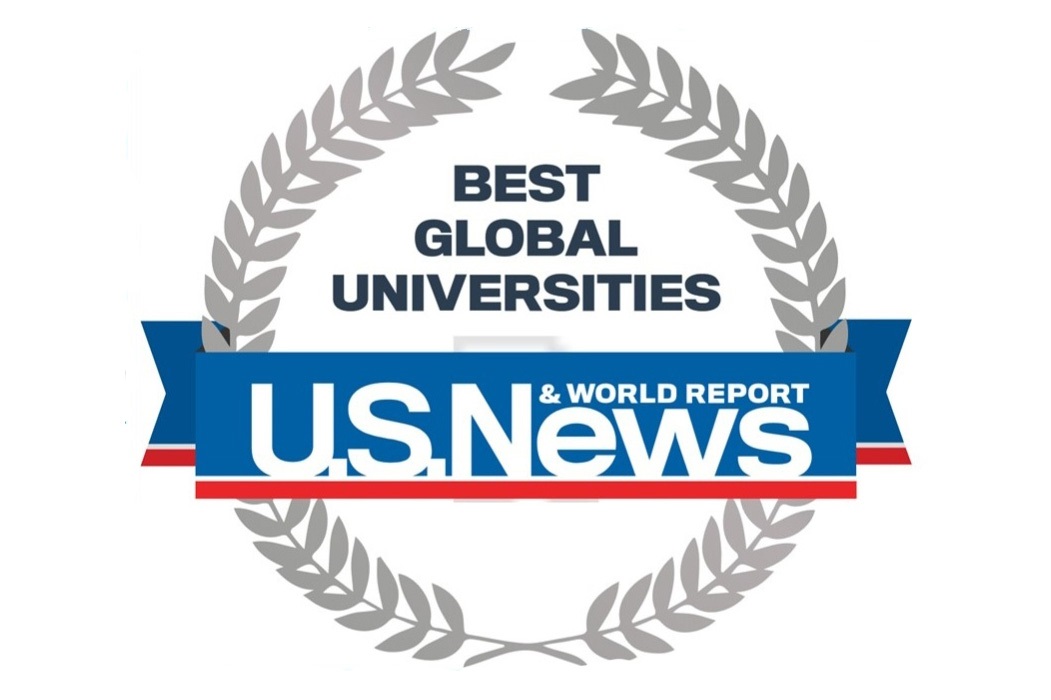
HSE University Now Appears in Six US News Global Subject Rankings
In the recently published US News Best Global Universities rankings, HSE University now appears in six subject rankings—an increase from four in 2020. The two latest additions are in Arts and Humanities (ranked 207th) and Psychiatry/Psychology (ranked 374th). The university once again placed highly in Mathematics (85th), maintaining its position among the top 100 universities worldwide in the subject and ranking second among Russian institutions.
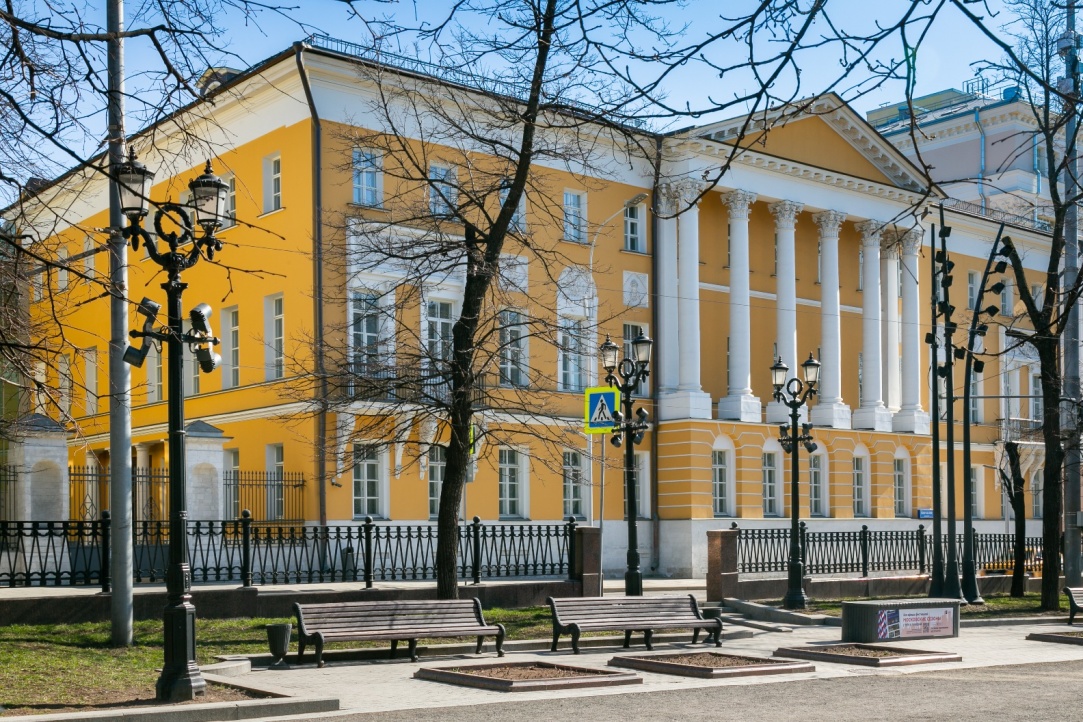
HSE University Receives International Award for Best Practices in Research Management
HSE University has won in a joint nomination by the Quacquarelli Symonds (QS) international rankings agency and the company Elsevier. The award was presented as part of the forum ‘Development Trends in the Social Sciences and Humanities: Global Challenges and Best Russian Practices’ hosted by the State Academic University for the Humanities. Irina Karelina, Senior Director for Strategic Planning at HSE University, accepted the award and noted that the university’s success is largely down to its consistent personnel and research policies, as well as its support for young people.


.jpg)